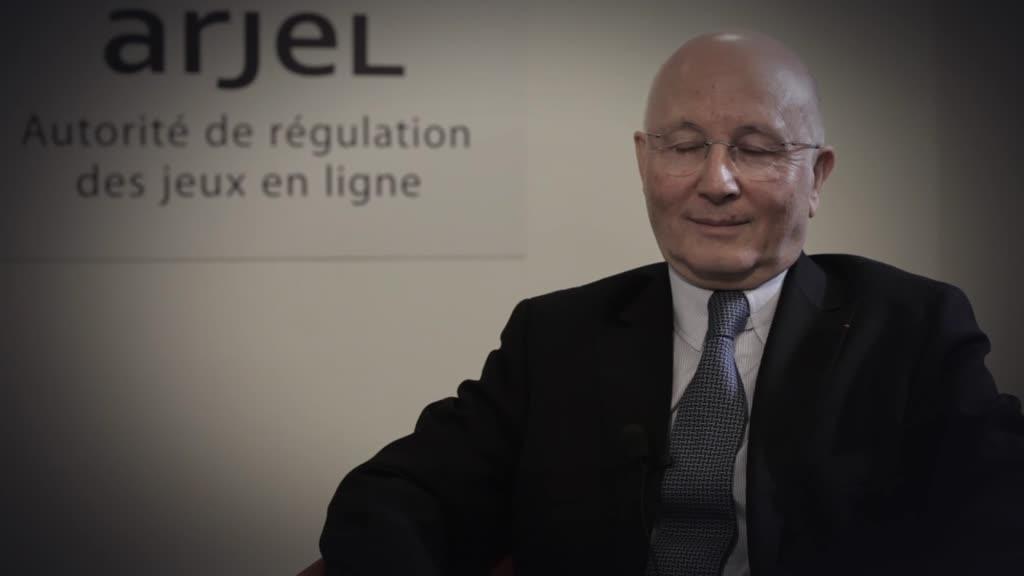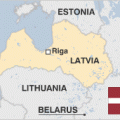
French Online Poker Economy in Danger With International Liquidity Sharing Rejected

French poker players are left isolated after National Assembly refuses Charles Coppolani’s liquidity sharing proposal. (Image: hand-clean.com)
The latest efforts by French online poker advocates to revive the country’s flailing Internet industry have been thwarted by the government’s opposition to liquidity sharing.
Ever since France regulated online poker in 2010, the industry has been in steady decline. Thanks to a combination of high taxation, restrictive rake, and that lack of liquidity, online poker revenues have continued in a downward spiral over the last six years.
Players Left Out In the Cold
For players, one of the biggest concerns, other than rake, has been their inability to rejoin their international brethren who they had been able to compete against before 2010.
Unlike online casino gaming and sports betting, poker is based on collective participation, and with fewer and fewer players anteing up on France’s regulated sites, the games have been slowly drying up.
To combat this decline and potentially breathe some new life into the French online poker economy, ARJEL President Charles Coppolani attempted to push a new liquidity-sharing initiative through the French National Assembly.
Attached to a bill aimed at reforming certain parts of the online gaming industry, the proposal would have allowed the French iGaming regulator ARJEL to negotiate terms with other online poker regulators.
Assembly Rejects Plans
But despite stressing that player pool liquidity would only be shared with EU and EEA members that offered the same levels of regulation, protection, and scrutiny that France does, the National Assembly returned a unanimous veto.
Even calls for a more restrictive liquidity-sharing policy were refused outright by the Assembly, which means the proposal has failed twice in less than three years (a similar proposal was rejected in November 2013).
With the likelihood of another vote in the coming years looking extremely slim, online poker players and operators in France are now left wondering where they can find some salvation.
Is the Online Poker World Caring and Sharing?
Although the French online poker economy might be suffering more than most, it’s certainly not the only country where liquidity-sharing has been a hot topic in recent years. Despite the obvious benefits of sharing player pools and having better-populated games, very few countries have actually taken steps towards player liquidity.
Portugal
Despite Portuguese officials suggesting that they weren’t going to make the same mistakes as France and Spain, the country’s recent online poker regulations appear to have neglected a liquidity-sharing clause.
After passing new laws late in 2015, Portuguese players have since been confined to playing games with opponents within their own borders.
Spain
Like France, Spanish online poker regulation is seen as particularly harsh, and liquidity sharing isn’t currently allowed. However, some of the country’s larger sites, such as PokerStars.es, do attract more players than some international platforms.
Italy
Despite being another European country without shared liquidity, Italy is slightly more progressive than many of its peers. According to reports at the close of 2015, a number of iGaming officials are now considering the benefits of liquidity sharing and new laws could be put in place at some point in 2016.
UK
Unlike Spain, France, and Italy, the UK does allow player pool sharing. Even after it brought in new regulations at the end of 2014, the UK continues to allow its players to share games with international players.
US
Seen as something of a necessity for smaller states, the US appears to be willing to share liquidity in some cases. Although there are only three states with online poker regulation, Nevada and Delaware do share players, and if more states join the industry, then the number of agreements could increase in the coming months.
That being said, the existing player pools between Nevada and Delaware have done little, if anything, to offset the latter state’s tiny player base.















0 Comments